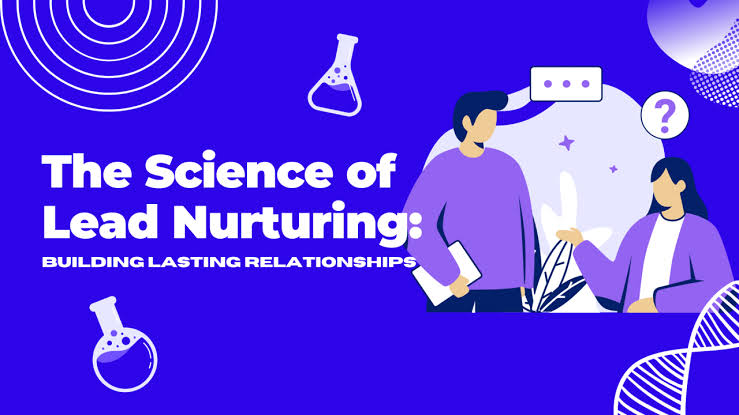Building strong relationships—whether romantic, friendly, family, or work-related—needs more than luck or chemistry. It requires deliberate effort, shared understanding, and emotional awareness. Thanks to psychological research and social science in 2025, we better understand the key ideas that help create lasting, meaningful bonds.
Relationships thrive on trust, communication, empathy, and shared values. Without these core elements, even the strongest bonds can weaken over time. The good news is that lasting relationships can be cultivated by applying proven strategies rooted in science and everyday practice.
Emotional Intelligence and Relationship Longevity
Emotional intelligence (EQ) is a key ingredient in building and maintaining strong relationships. It involves self-awareness, self-regulation, empathy, and the ability to manage social interactions effectively.
People with high EQ are better at:
- Recognizing and managing their own emotions
- Understanding others’ feelings and responding with compassion
- Navigating conflict calmly and constructively
- Offering genuine support without becoming emotionally drained
Developing emotional intelligence enhances trust and cooperation, both of which are necessary for relationships to stand the test of time.
The Role of Communication and Active Listening
Clear, honest communication is the foundation of any lasting relationship. It allows individuals to express their needs, share their thoughts, and resolve misunderstandings before they escalate.
Some key communication practices include:
- Using “I” statements to express how you feel without blame
- Asking open-ended questions to understand the other person better
- Practicing active listening, which involves giving full attention, avoiding interruptions, and summarizing what the other person said
- Being mindful of non-verbal cues like tone, posture, and eye contact
Miscommunication often leads to conflict, but intentional dialogue fosters mutual respect and deeper connection.
Trust: The Silent Pillar of Stability
Trust builds slowly but can be destroyed quickly. It involves consistent behavior over time—keeping promises, showing reliability, and being emotionally available. Trust is the glue that holds relationships together during both calm and turbulent times.
To build and maintain trust:
- Be dependable and consistent in your actions
- Apologize sincerely when mistakes are made
- Maintain transparency, especially when faced with difficult conversations
- Honor boundaries and respect privacy
When both individuals feel safe and respected, the bond strengthens and resilience grows.
Managing Conflict Constructively
Disagreements are inevitable in any relationship. What determines a relationship’s durability is not the absence of conflict, but how conflict is handled. Avoiding or mishandling conflict often leads to resentment, while addressing it calmly encourages growth.
Effective conflict resolution techniques include:
- Focusing on the issue, not the person
- Staying calm and avoiding emotional escalation
- Finding common ground or compromises
- Agreeing to disagree when necessary
Couples and friends who manage disagreements with empathy often emerge with a stronger understanding of each other.
Shared Values and Long-Term Compatibility
While interests and hobbies may change over time, shared values provide a long-term anchor for relationships. These can include views on family, money, religion, personal growth, or lifestyle.
Ask yourself:
- Do we agree on what matters most in life?
- Are our goals aligned, or are they pulling us in different directions?
- Can we support each other’s ambitions without conflict?
When values are in harmony, it becomes easier to navigate challenges and maintain a sense of unity.
The Importance of Quality Time and Rituals
In a world filled with digital distractions and hectic schedules, carving out time for meaningful interactions is vital. Quantity doesn’t always equal quality—intentional time together is what nurtures intimacy.
Suggestions for connection include:
- Scheduling regular date nights or friend hangouts
- Creating rituals like morning coffee chats or weekly walks
- Disconnecting from devices during shared time
- Practicing gratitude together—acknowledging what you appreciate in the other person
Rituals build shared memories and foster emotional closeness.
Giving and Receiving Support
A lasting relationship involves a balance of give and take. When both individuals feel seen, heard, and supported, the connection deepens. Offering support during tough times strengthens loyalty and trust.
Ways to show support:
- Listening without trying to “fix” the problem
- Offering help without being asked
- Encouraging growth and celebrating wins
- Being present during emotional lows without judgment
Reciprocation matters—mutual support prevents emotional burnout and creates a safety net for both parties.
Growth Mindset in Relationships
No relationship is perfect, and expecting perfection often leads to disappointment. A growth mindset allows both people to see challenges as opportunities for learning rather than as signs of failure.
To foster a growth mindset:
- Be willing to adapt and evolve together
- Accept feedback with humility
- Let go of unrealistic expectations
- Value personal and mutual development
People grow, circumstances change, and relationships need to evolve accordingly. Flexibility is essential to enduring love and friendship.
The Science Behind Touch and Connection
Touch, when appropriate and consensual, plays a crucial role in emotional bonding. Studies show that physical affection like hugs, hand-holding, or simply being in close proximity releases oxytocin, the “bonding hormone,” which promotes feelings of trust and attachment.
Even in non-romantic relationships, gestures like pats on the back, high-fives, or a hand on the shoulder can enhance feelings of support and connection.
Conclusion
The science of building lasting relationships shows us that strong connections don’t just happen—they are nurtured over time with care, intention, and effort. From emotional intelligence and communication to shared values and mutual growth, lasting bonds require constant attention and compassion.
In a world that often prioritizes quick interactions over deep connection, those who invest in authentic relationships are the ones who experience the most meaningful success—emotionally, socially, and even professionally. By understanding the principles behind lasting relationships, we can all foster stronger, more fulfilling human connections that stand the test of time.



